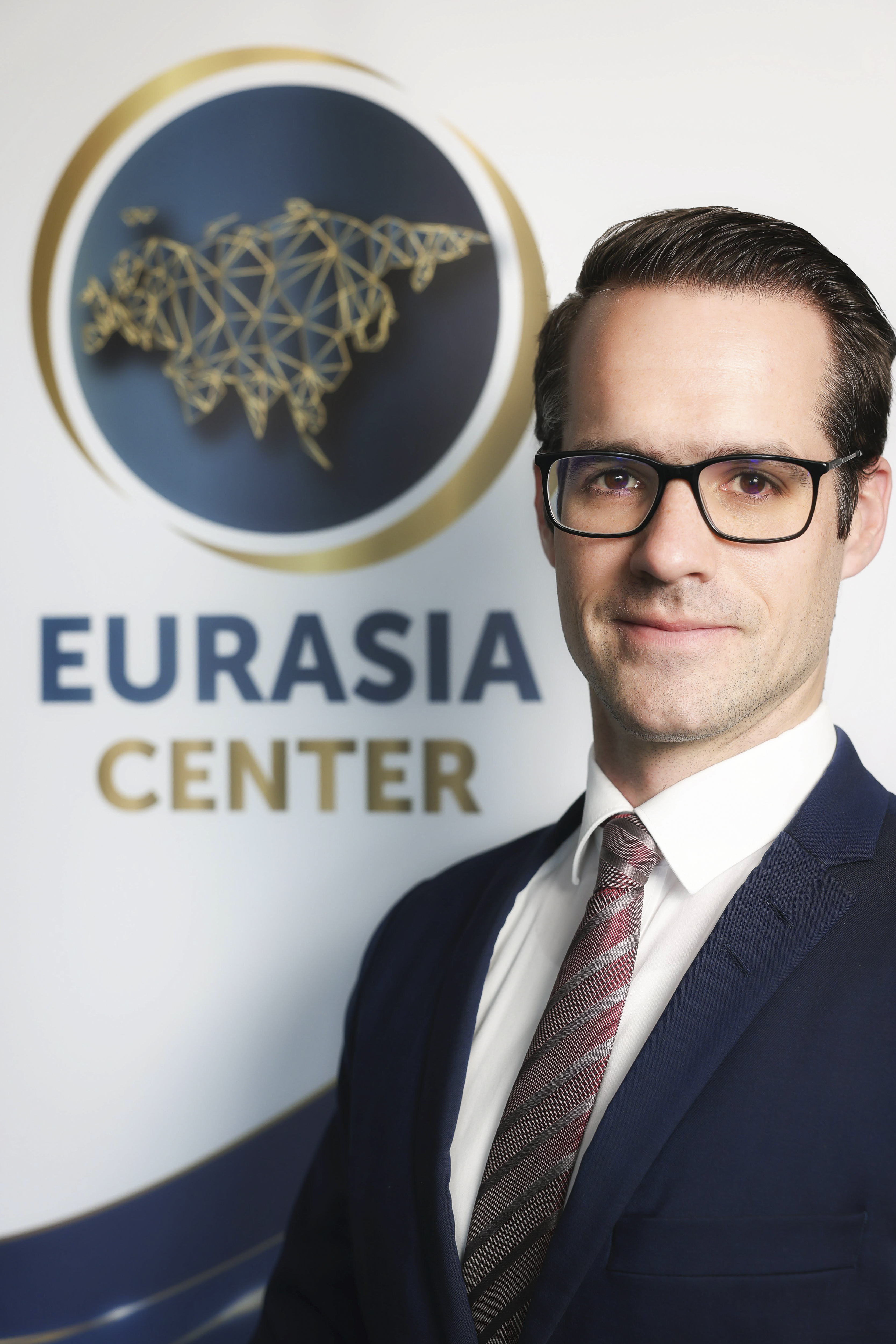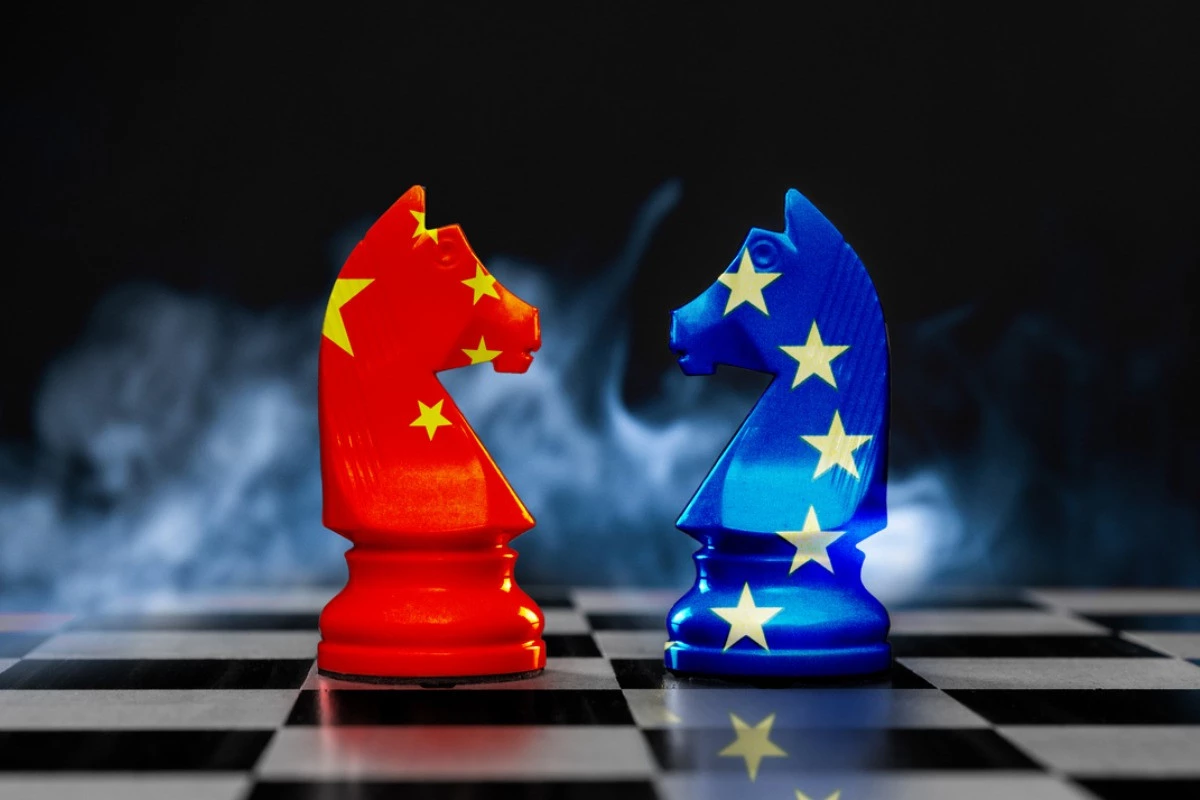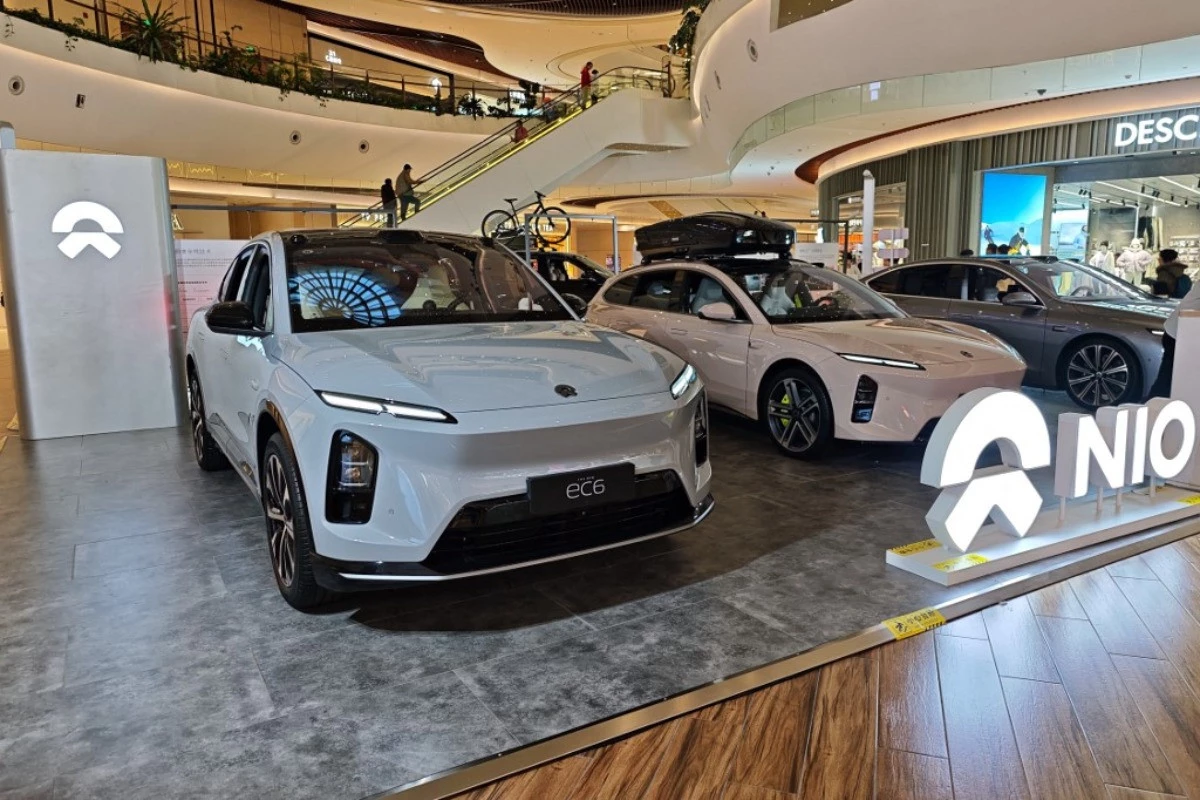Over the past 30 years, the European and Asian economies, including China, have become intertwined, but in recent years, amid changes in the world order, the EU has increasingly adopted an ideological approach to international relations with Asian countries, rather than pursuing the EU's own interests and the national interests of its member states. EU leaders are increasingly (ideologically) criticising Asian competitors, which is not conducive to economic cooperation and thus the economic development of EU member states. In particular, they harshly criticise China, the largest Asian partner, while being lenient towards other countries on the same issues. This shows that it is not China they fear, but the loss of their status in the Western-dominated world order.
However, the member states are individually developing ever closer economic co-operation with Asian countries, taking into account their national interests: China is Germany's largest economic partner and France is one of the largest trading partners of Asian countries alongside Germany. If Europe continues its policy of de-risking against China - along the lines of the US decoupling - and lectures and criticises other Asian countries, it will be difficult for the EU to boost its currently weakening economy without strong economic partners.
The European elections will have a major impact on the EU's Asia policy. The most important question is whether the EU should approach the Asian powers in the next five years - a key period of global change - on an ideological basis, i.e. with a Western mindset, or whether the EU should treat the Asian countries with their different histories, cultures, mentalities and social structures as equals and seek peaceful co-operation while taking their own interests into account. Historical patterns show that bloc formation weakens the position of great powers, while peaceful co-operation tends to strengthen them.
So in June, we will not only vote on the political composition of the European Parliament, but also on the role of the EU in the new Eurasian era.


